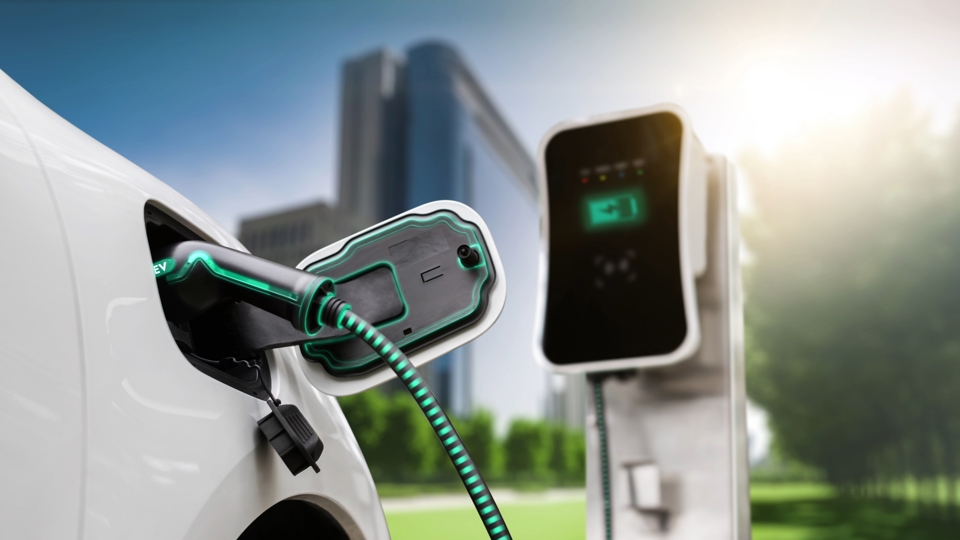Vehicle manufacturers are predicted to miss zero emission vehicle (ZEV) mandate new car sales targets by over 345,000 units by 2028, according to new data.
Cox Automotive and digital garage Regit have made the forecast based on their combined data analysis, as well as a survey of 2,700 motorists.
The research has highlighted some of the main indicators that are still holding back electric vehicle (EV) adoption in the UK.
Vehicle manufacturers are predicted to miss zero emission vehicle (ZEV) mandate new car sales targets by over 345,000 units by 2028, according to new data.
Cox Automotive and digital garage Regit have made the forecast based on their combined data analysis, as well as a survey of 2,700 motorists.
The research has highlighted some of the main indicators that are still holding back electric vehicle (EV) adoption in the UK.
Cox Automotive’s new car registration forecasts predict that, in line with the current rate of adoption, 36% of new car registrations will be EVs in just three year's time.
This falls short of the current ZEV mandate’s target of 52% by 2028, equating to 346,349 cars.
The Department for Transport is currently running a consultation to gather views on the ZEV mandate.
The industry has until February 18 to share their views as part of the consultation, with input on technical measures to amend the ZEV Mandate plus views on whether the current mandate's flexibilities, such as borrowing credits from future targets and buying credits from other manufacturers, are sufficient.
Just over half of UK dealers have urged for ZEV targets to be lowered.
Government incentives to boost EV demand
The new data reveals UK motorists are lacking confidence about the long-term implications of EV ownership; with 58% of drivers keen for manufacturers to share more information regarding comparative cost analysis.
Almost half (46%) also said that longer warranties or service packages from manufacturers or dealerships would help address their concerns.
Over two thirds (69%) of drivers said they wouldn’t be willing to pay more for an EV over a petrol or diesel alternative, yet, on average, EV vehicles cost 12% more.
Managing an EV’s battery also proves to be a cause for concern. Again, over two thirds (68%) of drivers feel that vehicle manufacturers and car dealerships should improve their information on battery health, lifespan, and recycling.
To tackle this, 86% of drivers want to see greater incentives from the Government to drive adoption.
When asked what incentives they would like to see, the top three were all centred on bringing down the cost of EV ownership:
- Financial subsidies or grants to reduce the cost of the vehicle (62%)
- Reduced cost of charging away from home (56%)
- Free/discounted home chargers (52%)
Negative perception for UK charging infrastructure progress
The UK’s charging infrastructure has a major image problem, as 82% of drivers think it is poor.
EV drivers also reported issues finding charging points (28%) and one in four found charging costs to be too high.
Philip Nothard, insight director at Cox Automotive, said: “Creating deadlines may convey a sense of urgency to the general public about the need for electrification, however that alone is not enough to drive adoption.
“The Government needs to address this growing consumer confidence crisis with tangible incentives to help bring the price of EVs down and improve the nation’s charging infrastructure, while manufacturers and dealerships need to help combat misinformation about making the move to electric.
“Without these measures, we will simply set deadlines that we can’t hope to achieve.”
Login to continue reading
Or register with AM-online to keep up to date with the latest UK automotive retail industry news and insight.

















Login to comment
Comments
No comments have been made yet.